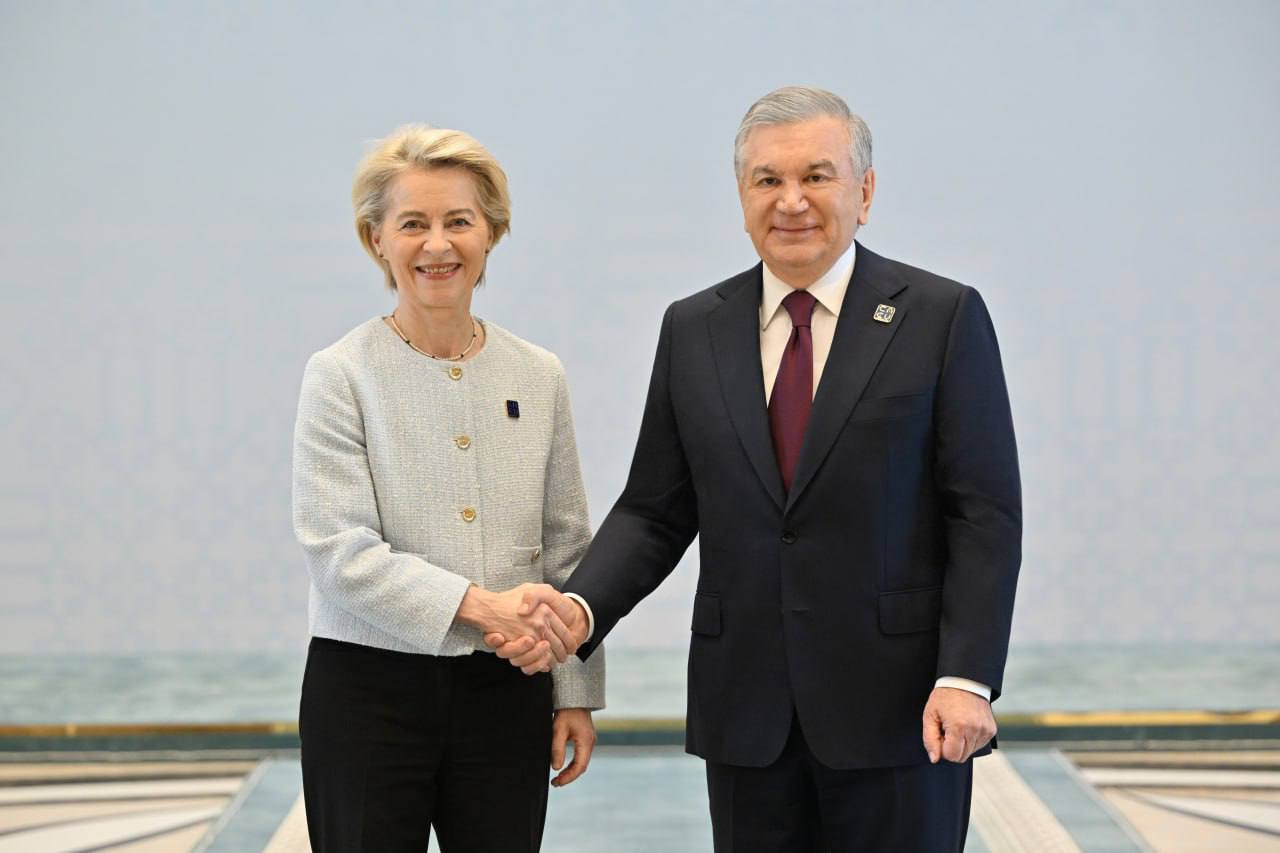BAKU, Azerbaijan, November 25. Uzbekistan is set to host the Third EU–Central Asia Economic Forum on November 26 in Tashkent. For the country, the forum is more than just a major international event, it reflects its ongoing commitment to closer cooperation with the European Union. This year, relations between Tashkent and Brussels have reached a new level: in spring, Samarkand hosted the first “Central Asia – EU” summit under Uzbekistan’s chairmanship, followed by the signing of an Enhanced Partnership and Cooperation Agreement (EPCA).
With key political decisions already in place, attention is now turning to their practical implementation. Uzbekistan is signaling its readiness for deep economic integration, while the European Union seeks a long-term presence in the region. For Tashkent, the forum represents an opportunity to boost export potential, attract advanced technologies, and enhance foreign-policy autonomy. For the EU, it offers a chance to strengthen its position in Central Asia amid the rising influence of China, Russia, and Türkiye, focusing on economics, infrastructure modernization, and green energy rather than politics.
Trade continues to be the primary driver of closer ties between Uzbekistan and the EU. In recent years, bilateral trade turnover has surpassed 6 billion euros, and the number of joint enterprises has reached 1,000. European financial institutions are expanding their presence, with the EBRD and other banks actively investing in green energy, transport, and industrial projects. The EPCA further strengthens this trend, making trade procedures more predictable and complementing the GSP+ scheme, which has already helped Uzbek producers increase exports of manufactured goods.
“Our exporters are ready to supply more than 500 types of industrial products worth 4 billion euros to the European market,” President Shavkat Mirziyoyev stated at the “Central Asia – EU” summit.
These figures highlight the region’s significant trade potential, and the upcoming forum is expected to provide fresh momentum. Tashkent anticipates that meetings between ministries, businesses, and European financial institutions will lead to concrete agreements, from simplifying procedures and harmonizing standards to expanding support programs for exporters. The goal is not only to eliminate technical barriers but also to create conditions that enable Uzbek producers to enter and firmly establish themselves in the EU market more efficiently.
Within this logic, Uzbekistan’s progress toward joining the World Trade Organization becomes especially significant. Negotiations with all 27 EU member states have been completed, and the country has entered the final stage of the accession process. For Uzbekistan, WTO membership is a strategic move that changes the rules of the game.
Accession means adopting global standards, transparent tariffs, predictable conditions for business, lower costs for exporters, and stronger trust from international partners. This becomes the foundation on which further economic integration with Europe is built.
A separate block of the upcoming forum will focus on the development of the Middle Corridor - the Caspian transit route connecting Central Asia to Europe. Uzbekistan is consistently promoting the creation of a competitive route that could become a viable alternative to existing transit directions.
Yet despite its advantages, transportation tariffs along the Middle Corridor remain about 1.5 times higher than on the North–South routes. Tashkent expects that EU involvement through the Global Gateway initiative will accelerate modernization of ports, railways and logistics hubs. The European investment package includes about 3 billion euros for transport connectivity, which is a clear signal of Brussels’ long-term intentions.
Another key topic will be critical raw materials. Europe is building its own supply chains for strategic materials - copper, uranium, rare earth elements. Central Asia occupies a central place in these plans, and Uzbekistan is among the leaders thanks to its reserves and processing capacity. The EU has already allocated about 2.5 billion euros to projects in this sector, underscoring both the strategic nature and long-term character of its interest.
Green energy continues to be a key focus in the dialogue. Uzbekistan aims to commission 24 GW of renewable capacity by 2030, with European companies already involved in solar, wind, and hydrogen energy projects. Brussels considers Central Asia an integral part of Europe’s future energy architecture, where diversification and reduced reliance on fossil fuels are top priorities. Uzbekistan holds a special position in this model thanks to its favorable climate, available sites, and growing technological capacity.
“Uzbekistan fully supports international projects to supply electricity from our region to Europe,” President Mirziyoyev emphasized, highlighting the country’s readiness to play a pivotal role in future energy cooperation.
The upcoming forum in Tashkent is more than just another meeting, it is a platform for Uzbekistan and the EU to begin shaping a new, more pragmatic architecture of relations focused on long-term interests.
Uzbekistan approaches the forum with a clear understanding of its goals, from industrial and logistics development to expanding green energy and integrating into global markets. Europe, for its part, sees Tashkent as a stable partner with whom it can build sustainable transport, trade and energy chains.







